What Does “Mostly Vegetarian” Mean?
I am predominantly a vegetarian blog. I grew up in Portland, Oregon home of the liberal punk vegetarians of the nineties. And I almost exclusively stopped eating meat in the early 2000s and have been some form of mostly vegetarian/pescatarian for about two decades, now.
I tend not to post recipes with meat in them. Not just because I don't eat a lot of meat. But also because there's a distinct lack of vegetarian blogs out there. The vast majority of culinary content across the globe is meat-based. There are notable exceptions to this. But, globally speaking, a large percentage of the population does rely heavily on meat-based dishes.
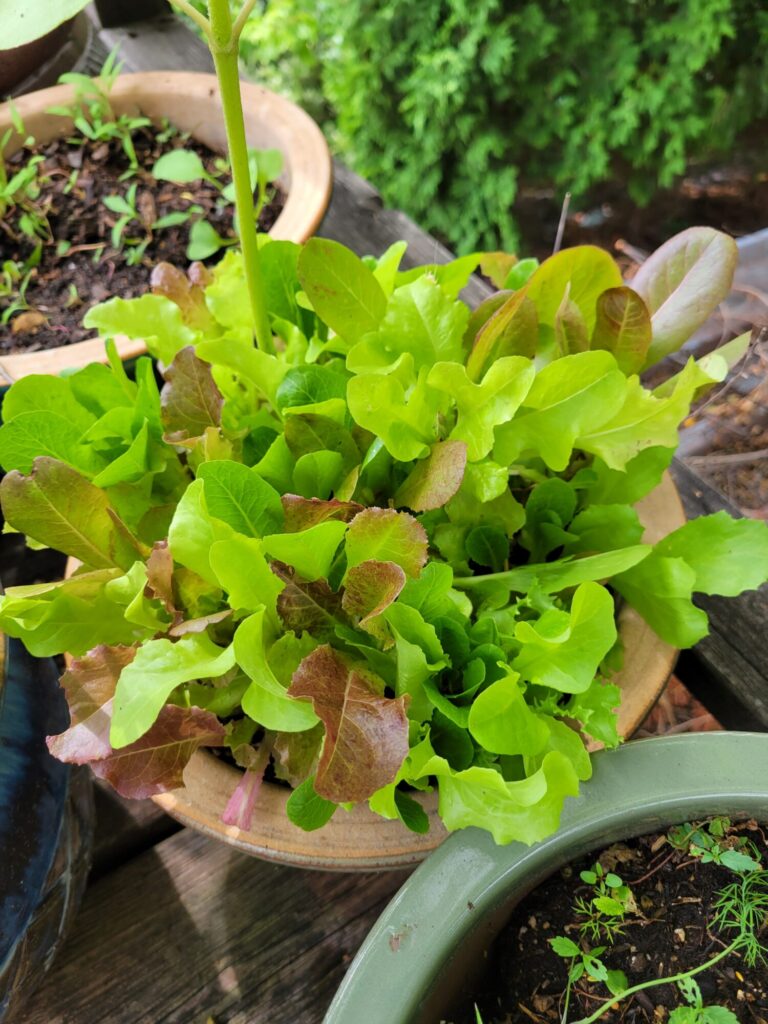
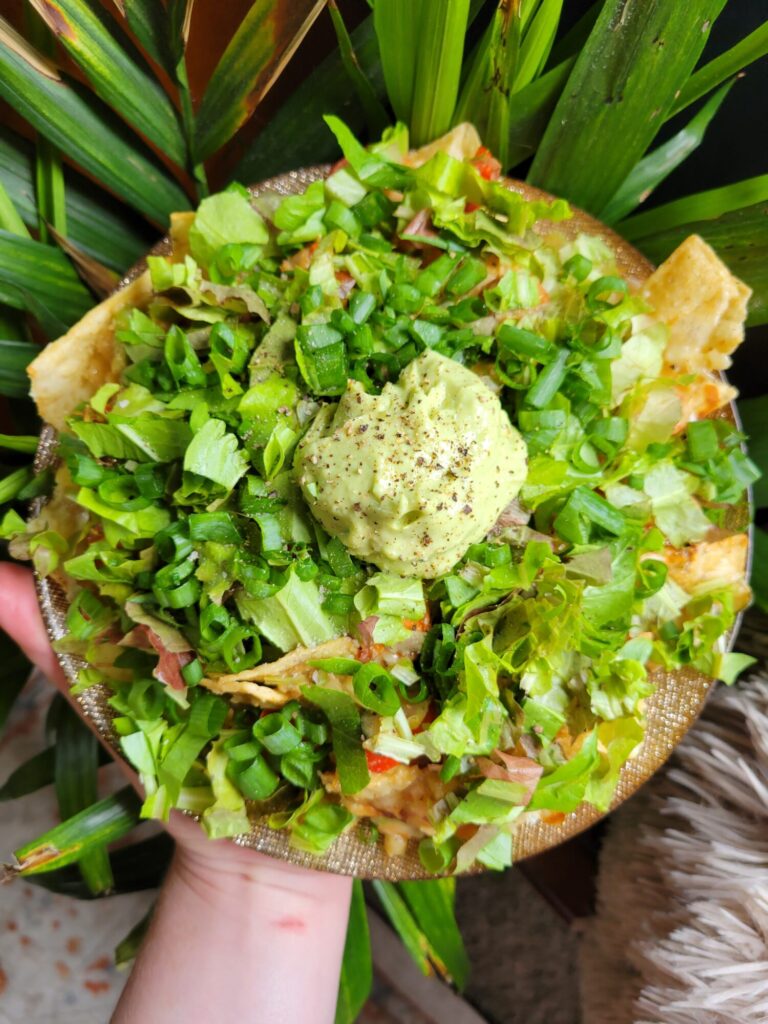
Professional Kitchens & Meat
As someone in the culinary field, I consider meat kind of a cop-out. There is skill to cooking meat. There is a flavor profile all its own in cooking meat. And there are vast societal and cultural traditions of eating meat. I'm not going to downplay that. I'm particularly impressed by the dedication of barbecue aficionados and those who cook meat wrapped in banana leaves and bury them in coals for the better part of a day.
The way that typical Americans cook meat, though? I find that they rely very heavily on the meat. It's a widely known culinary "secret" that cooking meat is easier than cooking vegetables. A big test of culinary prowess is: If you took the meat out of the dish, would it still be good? And the answer in large part is no! Cooking fruits and vegetables is oftentimes more difficult than cooking meat. Not because it inherently has to be, but because we focus less on it. And I strive to be one of those cooks who stands out as having delicious meals, whether there's meat in it or not.
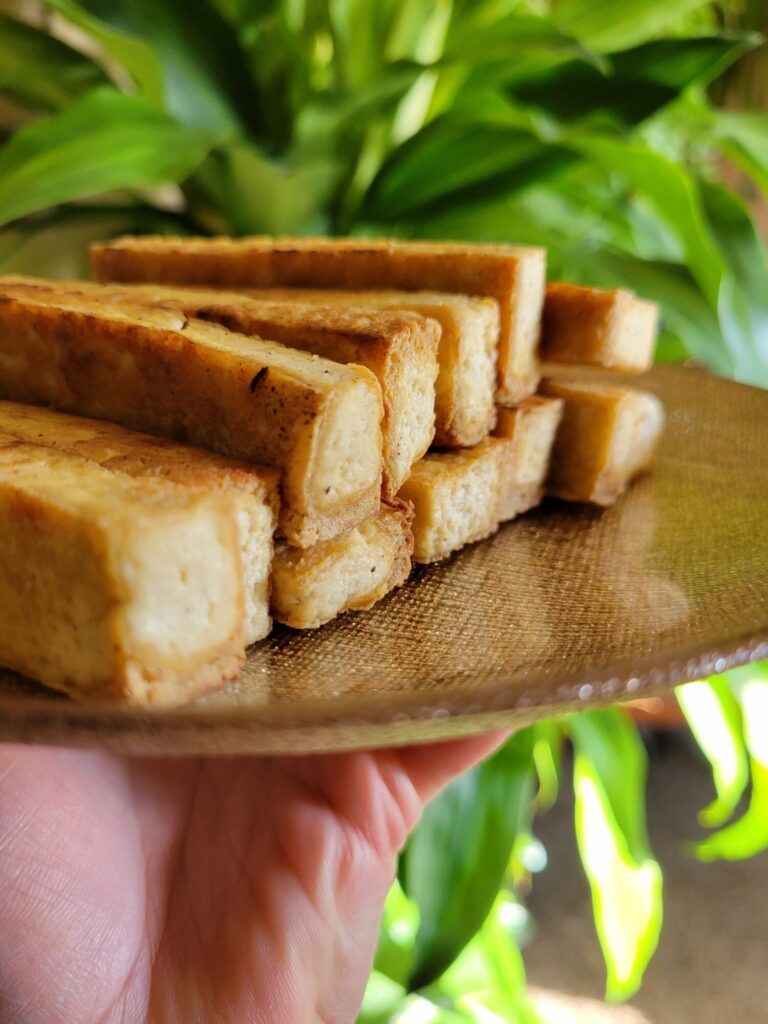
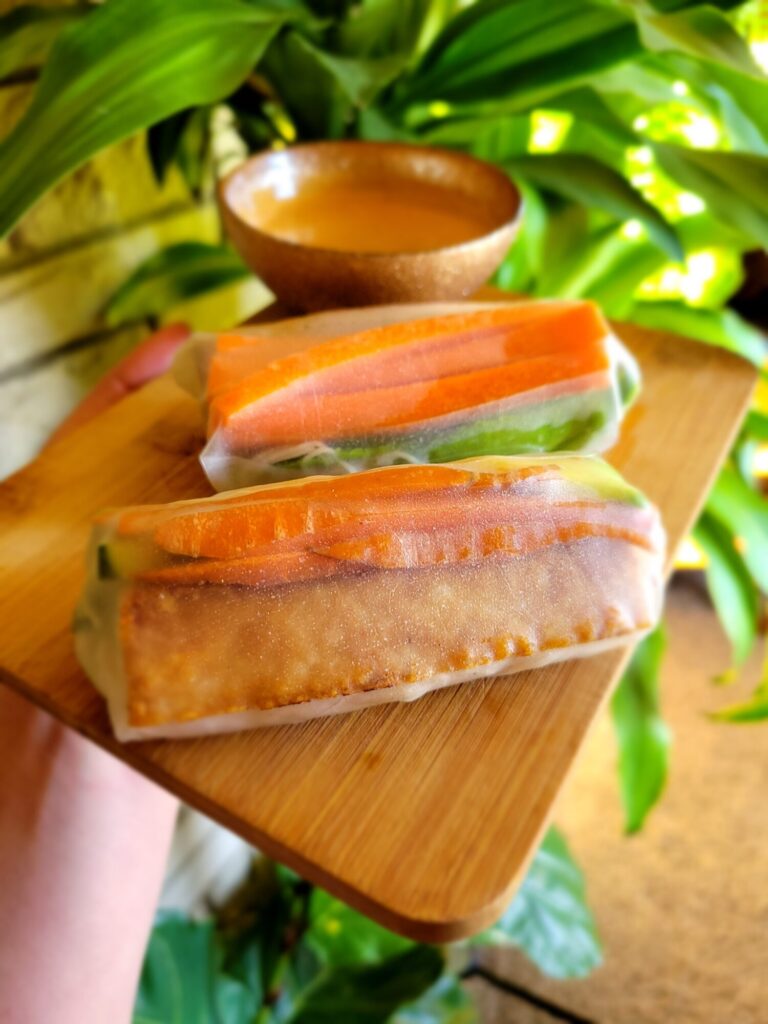
Classification of "Meet-free"
I tend not to cook with much meat. There are a plethora of different meat-free classifications, though. A lot of people who aren't in the meatless community aren't as familiar with the terminology. This is not an extensive or exhaustive list. Dietary restrictions are an inherently personal decision and a lot of the community makes a meat-free distinction that fits with their personal lifestyle and belief systems. Although there are a couple of terms here that are important to have a working definition of.
| Meat (mammals: cows, pigs, goats etc.) | Poultry (birds: chickens, turkeys, ducks, etc.) | Seafood (fish, shellfish, crustaceans, etc.) | Insects (bugs, crickets, etc.) | Dairy (milk, cheese, butter, etc.) | Consumable Animal By-products (eggs, honey, etc.) | Non-consumable Animal By-products (leather, fur, etc.) | |
| Vegan | X | X | X | X | X | X | X |
| Ovo-vegetarian | X | X | X | X | X | ||
| Lacto-vegetarian | X | X | X | X | X | ||
| Vegetarian (Lacto-ovo Vegetarian) | X | X | X | ~ | ~ | ||
| Pescatarian | X | X | |||||
| Flexitarian (Flexible Vegetarian) | ~ | ~ | ~ | ~ | |||
| Dairy-free | X | ||||||
| Lactose-free | ~ |
The Gist of "Mostly Vegetarian" & Other Terms
The most important distinction for this article is:
- Vegans don't consume or use anything that comes from an animal in any way, shape, or form.
- Vegetarians don't consume animals, but do consume milk, cheese, eggs, honey, etc. (although some make caveats for either dairy or animal by-products and some make exceptions for insects and non-edible goods)
- Pescetarians don't eat meat or poultry, but will consume seafood
- Flexitarians don't tend to eat meat, but don't have hard fast rules about it and will occasionally consume meat (very few people categorize themselves in this way and it is sometimes used as a derogatory term for "fake vegetarians" or "meatless Monday" aficionados)
- There's a distinct group of people who exclusively don't consume dairy or are lactose-free (this is typically due to allergies or dietary fads and is not necessarily considered a type of "vegetarian")

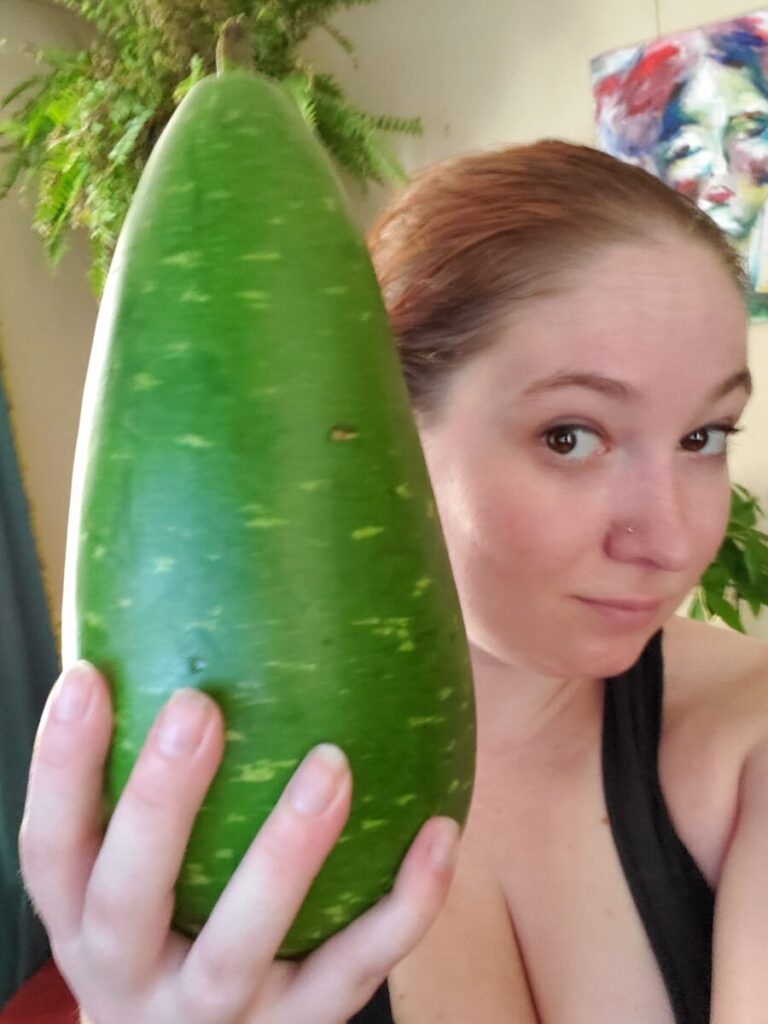
Are There Exceptions to the Rules?
A dirty little secret is also that, while there are absolutely strict people in all of these categories who will not break their dietary restrictions under any circumstances ever? A lot of people have a favorite "cheat" meal or dish or occasion where they will consume things outside of their typical diet. I'm not going to debate the semantics of this here.
People who consider themselves hard fast carnivores tend to eat the occasional fruit or vegetable and I'm not going to go around calling them "vegan" because they ate a French fry.
Likewise, I'm not going to call a typically hard fast vegan a "carnivore" because they ate a burger once.
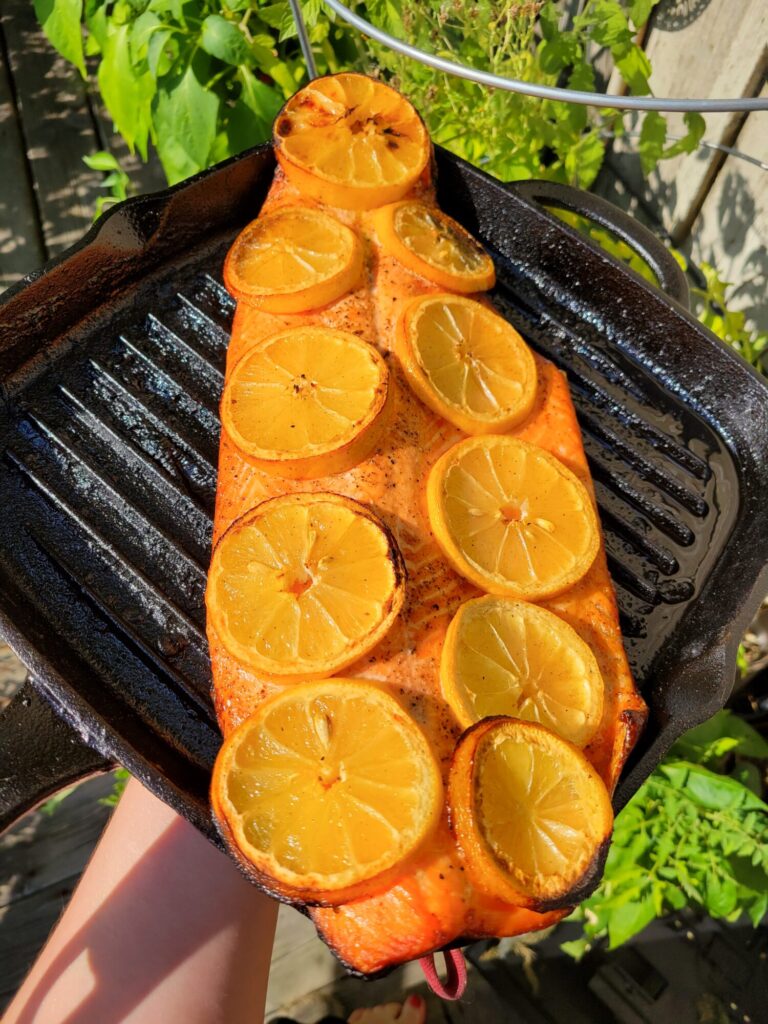
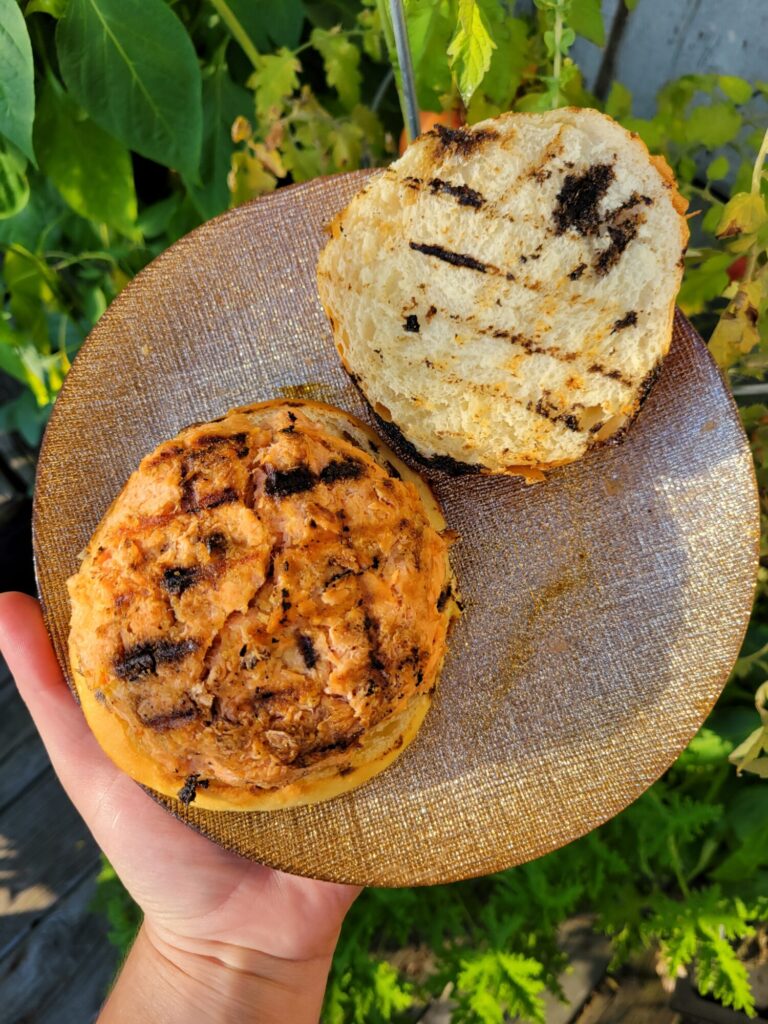
Vegetarian vs. Pescatarian vs. Pseudo-meat Free
A lot of people see vegetarianism as a hard fast line. It's a simple distinction between do you eat meat or not? Now, there is some debate over whether pescatarians fit into that category. There are parts of the world where, if you say that you don't eat meat, they'll feed you fish. There are others who consider seafood just as much meat as any other living and breathing animal. And even more still who don't consume mammals, fish, birds, reptiles, or amphibians but will consume insects. Think: cricket burgers.


What Does "Mostly Vegetarian" Actually Mean?
I'm not here to debate the semantics of various forms of vegetarianism and meat consumption.
I don't ordinarily post meals with meat in them. I occasionally cater to the pescetarian variety. When asked, I describe myself as someone who "usually doesn't eat meat." I'm a believer in doing what you can when you can. Otherwise. you'd be living in an Airstream in the woods off the grid eating vegan foods that you can grow without the use of pesticides. Which I have actually done. Although I certainly wouldn't expect or recommend that out of the everyday person. I more see eating less meat as doing what you can when you can without it being a hard and fast commitment. That is occasionally an unpopular opinion, so I refrain from posting my biannual cheeseburger.
I live in Wisconsin, though, where hunting, for better or worse, is part of the cultural lexicon. I have slaughtered livestock and been on hunting trips where I've never come close enough to a rabbit to consider the moral implications of murdering something in the wild. I'm not necessarily a proponent of the "one bad day" philosophy of meat eating simply because I do not consume all that much meat compared to the average American and it's not necessarily my place to stand on any kind of soap box.
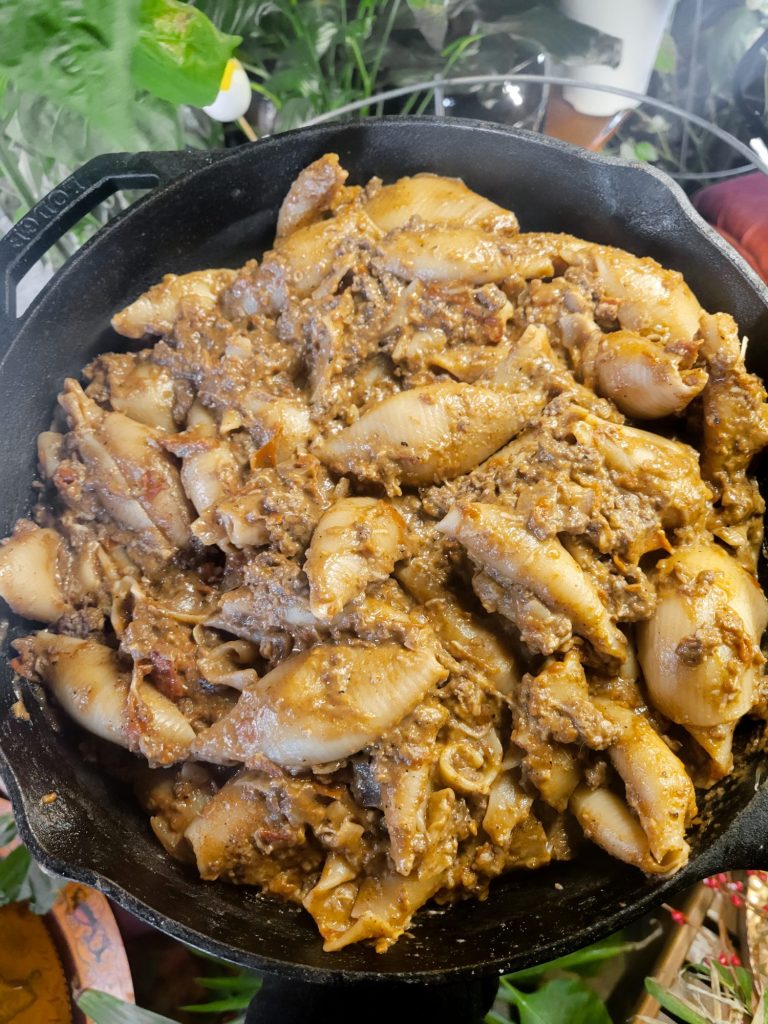
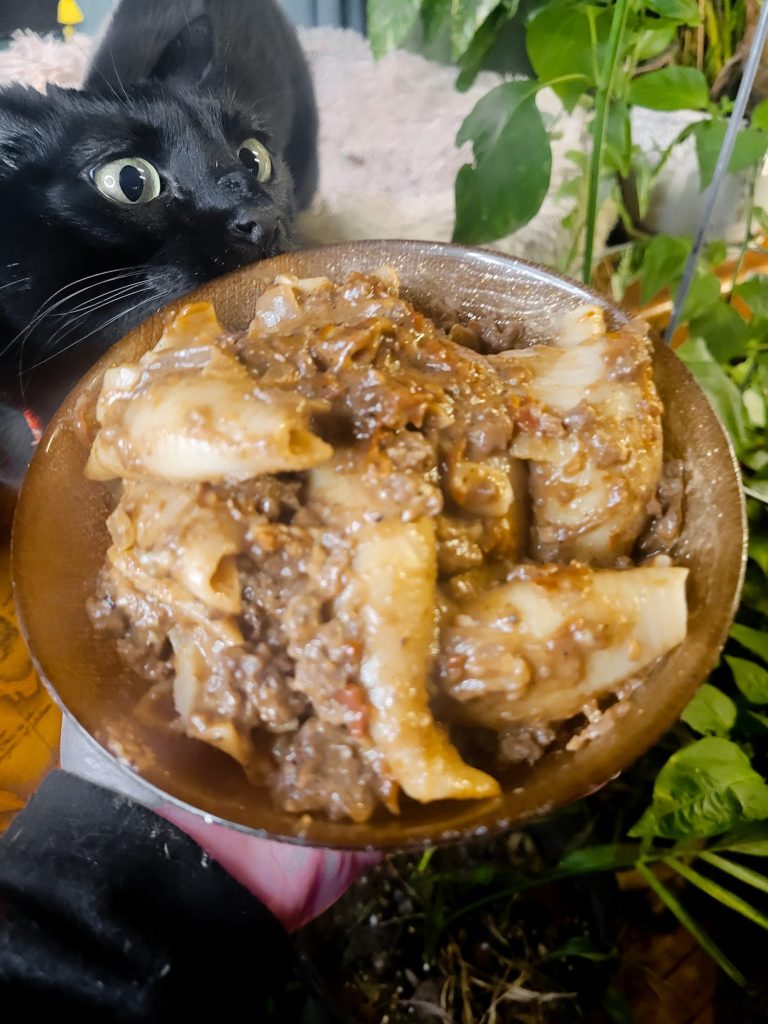
Will I Post Meat Recipes?
When someone does kill a deer, though, the process of what to do with all of the meat begins. Some people have chest freezers and will absolutely consume all of the meat themselves over the course of the next couple of months. Others begin the mad dash of finding as many people necessary to fill all of their freezers.
I have found myself on the receiving end of some of this meat. So, I am going to use it and talk about it. It's entirely find if you don't, though. I'm a big advocate of not letting anyone else tell you what you can and cannot eat. As much as I've been mostly or pseudo-vegetarian most of my life, it's not something that I strictly adhere to and I'm not in the habit of forcing my beliefs onto others. Anyone with food allergies or sensitivities knows how difficult it is to cut things out of your diet. Even if it's entirely for your health. And without any societal pressure.
This means that, when it comes to cutting meat out of your diet. It tends to happen at a very personal level. So, while I'm not going to necessarily advocate for a meat-free diet, I am going to normalize the various levels of vegetarian, pescatarian, and meat recipes. As well as everything in between.
To make this easier to navigate, I also have Recipes by Restriction page where you can sort Vegan, Vegetarian, Pescatarian, and Gluten Free options. Although a lot of recipes can be modified to accommodate a wide range of culinary tastes and preferences. I have several articles in the Culinary Escapades portion of this blog that go into substitution guides and picking the right ingredients for your recipe.
This Page Contains Edited Images
As a general rule, I don't like to edit images. Food styling, editing, alteration, and even faking entirely is just as rampant a problem in the recipe realm. Cooking is a very visual art and you can tell when a lot of foods are cooked based on the color. So, when this is altered and you can't use the coloration as a gauge, it makes it quite difficult to follow some recipes. I have an entire article about Food Styling and Unrealistic Expectations of Recipes. My place has very warm lighting, though. So, sometimes my camera overcompensates and ends up with an unnatural hues. I've adjusted the hues, levels, and/or cropped the following images:


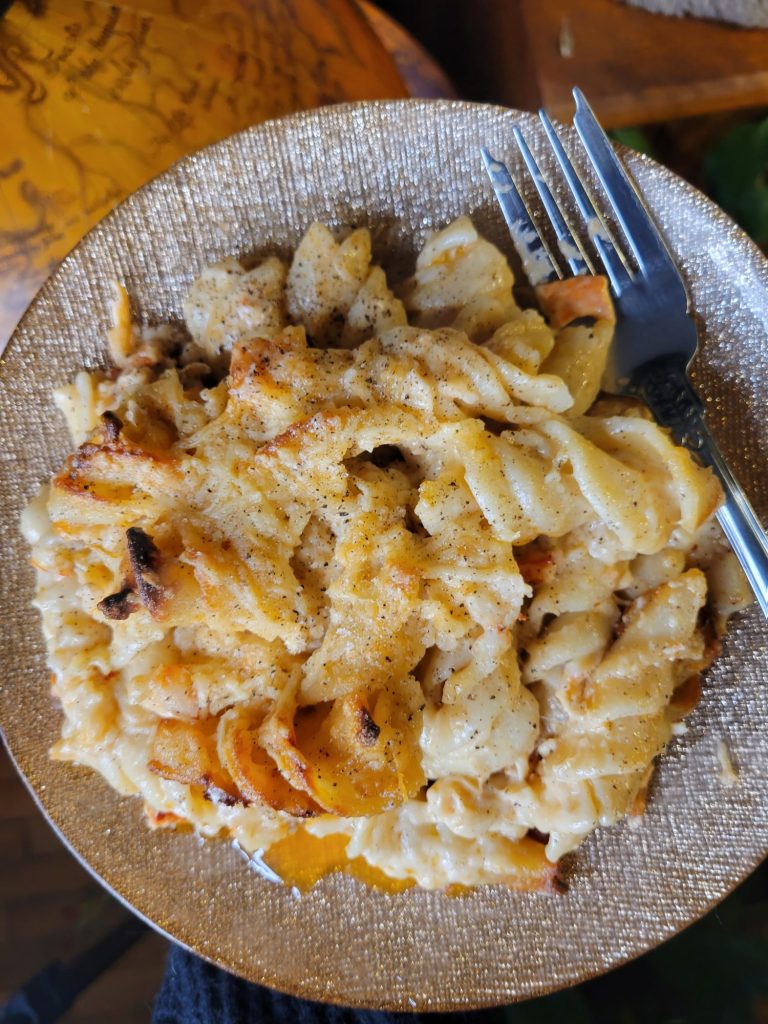

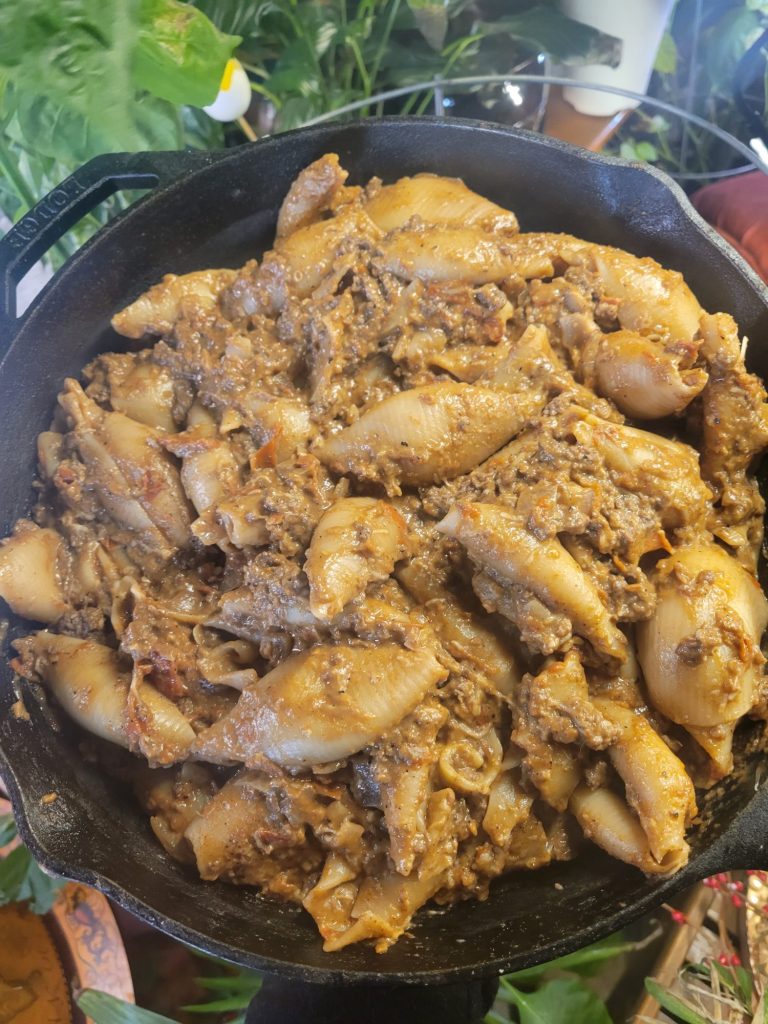

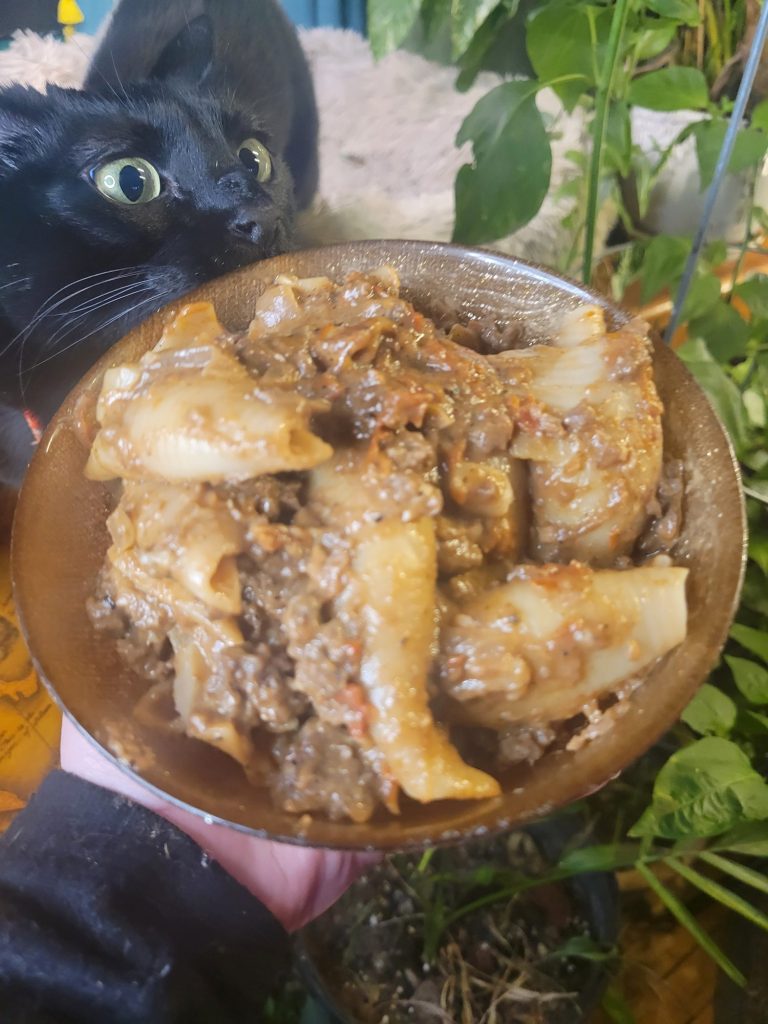

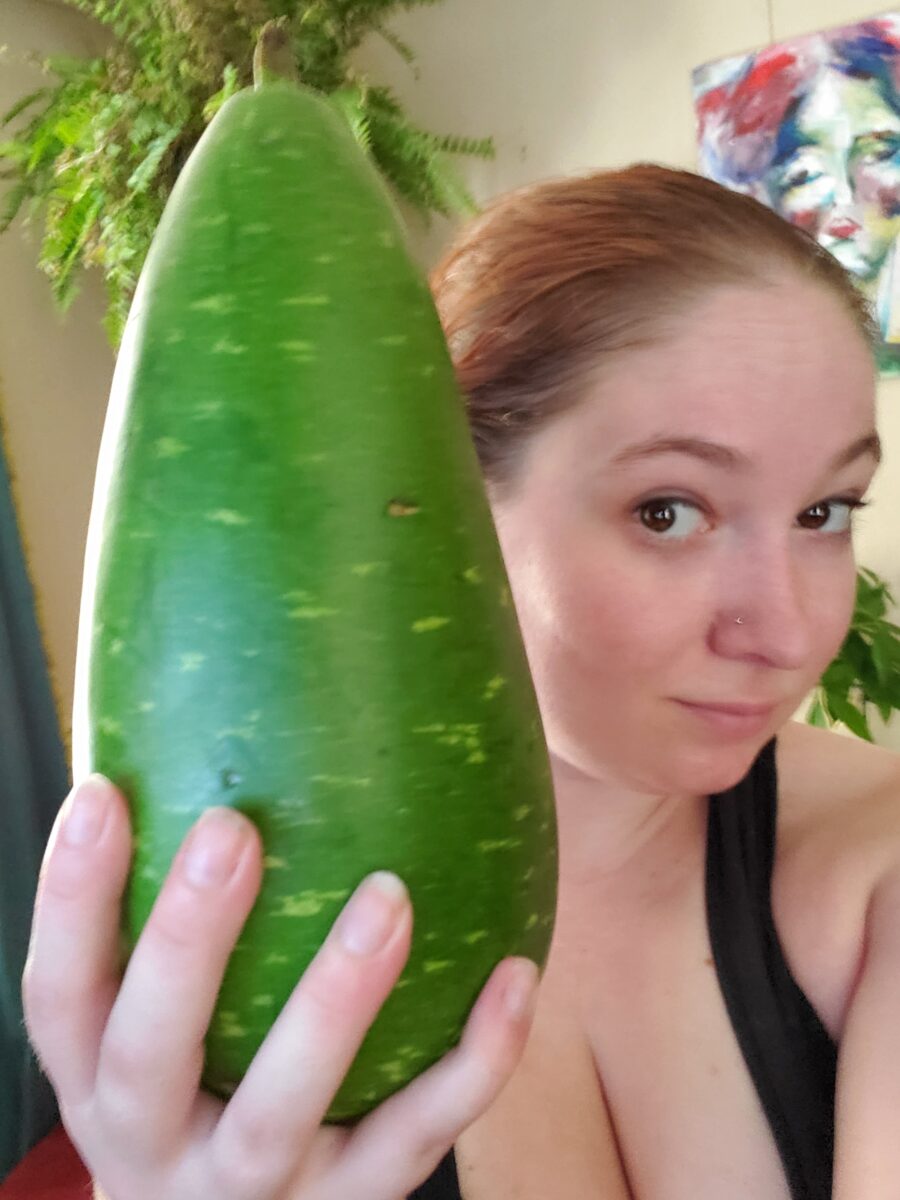
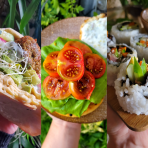
Leave a Reply